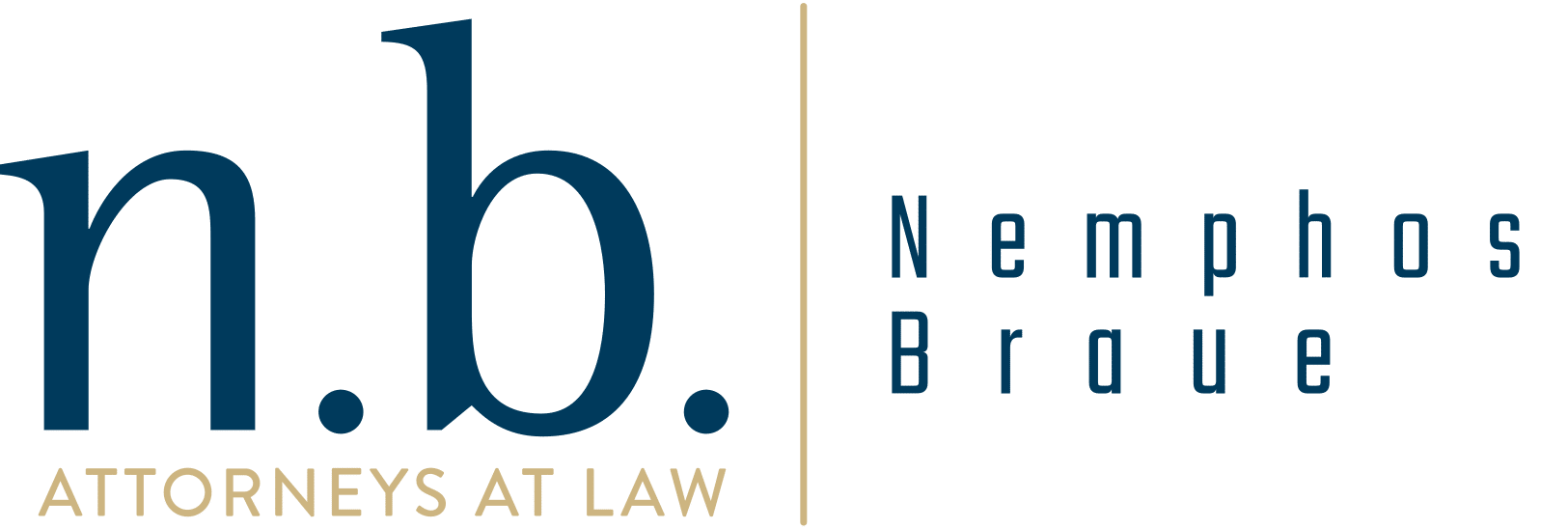
Zero Patents for Secret Processes Used Commercially for More Than a Year Before Filing
By Michael Antone, IP Attorney
In the recent case of Celanese International Corporation v. ITC, the Federal Circuit found that the American Invents Act (“AIA”) amendments to 35 USC 102 did not change the interpretation of the prior version of the statute regarding the application of the “on sale” bar to patentability for secret processes used to make products that are commercially sold for more than a year before filing of a patent application covering the inventive process.
Celanese is a manufacturer of the sweetener acesulfame potassium (“Ace-K”) used in Coke Zero. Celanese received US Patents covering its processes for making Ace-K and was enforcing the patents in the International Trade Commission (“ITC”) against Anhui Jinhe Industrial Co., LTD., Jinhe USA LLC to prevent their importation of the sweetener made using the patented processes.
The ITC found the patent claims to be invalid because Celanese was using the patented process in secret in Europe to make Ace-K and selling Ace-K in the US more than one year prior to the filing date of the applications that resulted in the US Patents on the processes. In its opinion, the Federal Circuit cited the US Supreme Court’s 2019 decision in Helsinn Healthcare S. A. v. Teva Pharmaceuticals USA, Inc., in which the Supreme Court found that the AIA amendments to 35 USC 102 did not change the law regarding “on sale” bar to patentability for the private sale of products.
Celanese argued that the AIA amendments were intended to change the law relative to the use of a secret process as part of the harmonization of US patent law with the rest of the world, as in many other jurisdictions the use of a secret process to make a product is not a bar to patentability. However, the court was not receptive to the argument finding insufficient intent in the amendment to the statute to warrant a significant change in US case law.
Celanese may appeal the decision to the US Supreme Court. In the meantime, inventors and companies need to remain diligent in deciding whether to protect their process and product inventions with trade secrets BEFORE placing their inventions “on sale” either privately or publicly or making other public disclosures of their inventions.
MORE: Read additional IP news items
For questions about patents, trade secrets or other intellectual property concerns – including WHEN to take action – consult with one of the attorneys at Nemphos Braue.




